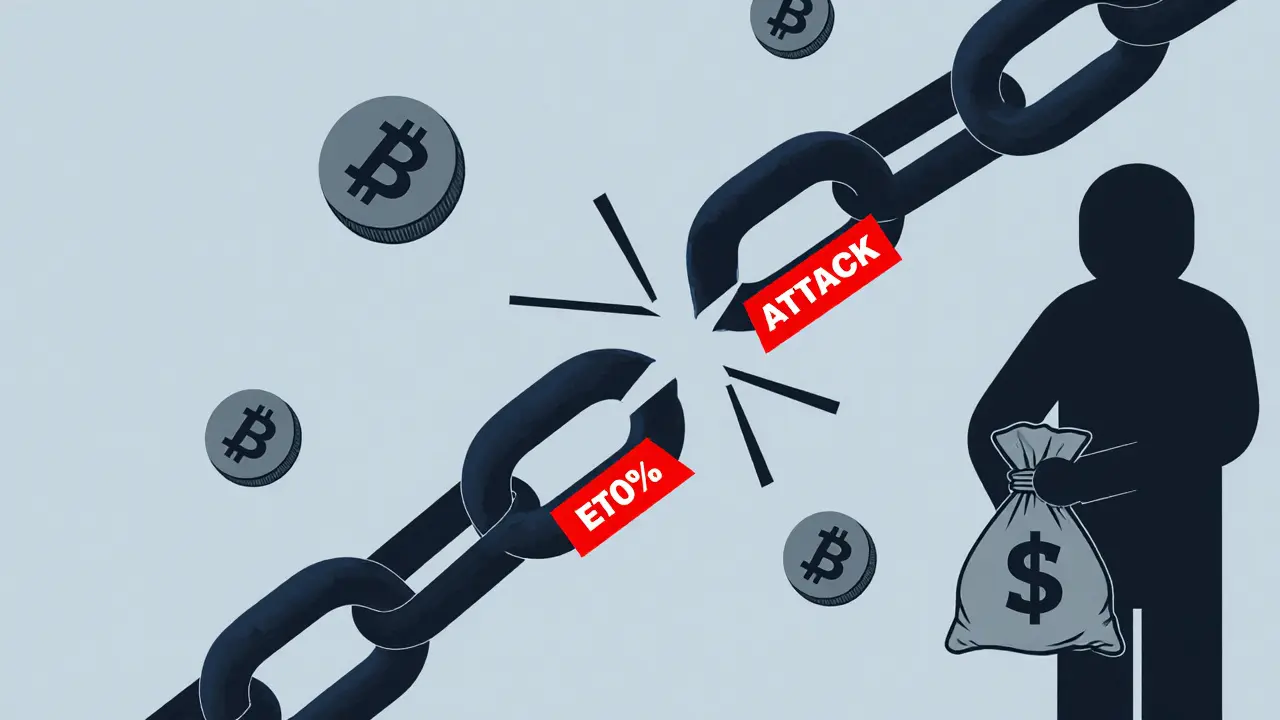Data Deletion on Blockchain: Why It's Impossible and What You Can Actually Do
When you hear data deletion on blockchain, the concept of permanently removing information from a distributed ledger, it sounds like a basic feature—like deleting a file on your phone. But here’s the truth: blockchain immutability, the core design principle that makes blockchains tamper-proof means once data is written, it can’t be erased. That’s not a bug—it’s the whole point. This is why Bitcoin, Ethereum, and most public chains will never let you delete a transaction, even if it’s wrong, embarrassing, or illegal. No admin button. No undo. No recycle bin. Just a permanent, public record that every node in the network keeps forever.
So what happens when you need to delete something? Say you sent crypto to the wrong address, or shared private info in a smart contract, or got flagged by GDPR for storing personal data? You can’t remove it. But you can work around it. One common trick is to overwrite the data with garbage—like replacing a sensitive wallet address with a dummy one. It doesn’t delete the original, but it makes it useless. Another approach is to store only hashes on-chain and keep the real data off-chain, where you can delete it legally. Projects like Secret Network, a privacy-focused blockchain that encrypts smart contract data by default and Monsoon Finance, a platform that rewards anonymity mining instead of traditional airdrops use encryption to hide data, not delete it. That’s the real solution: make it unreadable, not disappear. This is why regulators struggle with crypto—no one can prove what was deleted because nothing was ever deleted in the first place.
And that’s why so many crypto projects fail compliance. If you’re running a DeFi app or an NFT marketplace and you’re collecting user emails, IP addresses, or transaction history, you’re storing personal data on a system that refuses to forget. That’s a legal nightmare under GDPR, CCPA, or any privacy law. The only way out? Design your system so the blockchain never holds anything personal. Keep identifiers, documents, or messages off-chain. Use zero-knowledge proofs. Or, like HSM for crypto, hardware security modules used to protect cryptographic keys, lock the data behind layers of access control so even if it’s there, no one can use it. The posts below show real cases—like how Cuba uses crypto to bypass sanctions, how Pakistan ignores bans, or how Thailand’s tax rules only apply to licensed exchanges. None of them solve data deletion. They all work around it. Because on blockchain, deletion isn’t possible. But adaptation is.
Challenges of Immutability in Blockchain Systems
Immutability in blockchain isn't absolute-it's a trade-off. This article explores how GDPR, smart contract errors, network attacks, and storage limits make permanent data a liability, not a feature, and what real-world solutions are emerging.
Details +